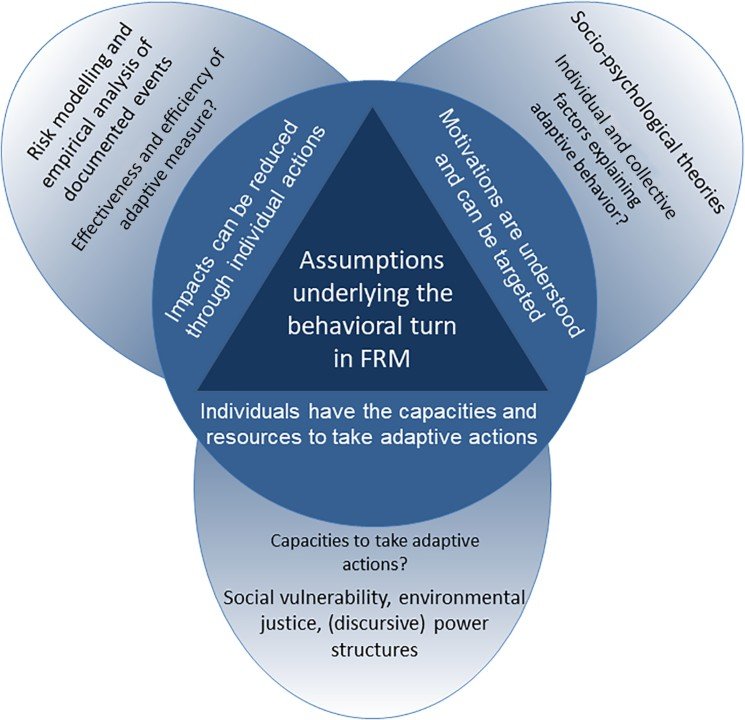
26
Feb
🏨🌍💰 Building Resilience for Financial Security in Sustainable Hotels: Strategies for Risk Management and Vulnerability Reduction
Sustainable tourism has become a buzzword in the hospitality industry in recent years, with hotels and resorts seeking to implement eco-friendly practices to attract environmentally-conscious travelers. However, building resilience for financial security in sustainable hotels requires a comprehensive approach that addresses vulnerabilities, embraces sustainable practices, and incorporates risk management strategies.
“Risk comes from not knowing what you’re doing.” – Warren Buffett
According to Brown et al. (2017), conducting a thorough evaluation of vulnerabilities can improve a hotel’s adaptive capacities and enhance its disaster resilience. This evaluation should consider various factors such as the hotel’s location, infrastructure, and operational processes. Sustainable practices not only contribute to environmental conservation but also enhance a hotel’s ability to withstand and recover from disruptions. Kunchornsirimongkon (2020) found that consumers are enthusiastic about spending on hotels that have made substantial changes to mitigate their impact on the natural environment.
Furthermore, risk management strategies are essential for ensuring the long-term financial security of sustainable hotels. Mandal & Dubey (2020) emphasize the importance of risk management orientation in sustaining operations in the face of disruptions and uncertainties. Hotels should educate their employees on risk management strategies and collaborate with key partners, such as tour companies, to develop mutual risk management strategies for sustainable performance.
Moreover, strategic orientation and intellectual capital investments can also contribute to the financial security of sustainable hotels. Walsh et al. (2008) highlight that hotel management companies provide models and systems that can help individual hotels create and sustain effective service-delivery processes, policies, and procedures. Singal (2013) found that hospitality firms that invest in sustainability initiatives tend to have stronger financial performance.
🌱🌍💰 #sustainablehotels #riskmanagement #vulnerabilityreduction #sustainabilityinitiatives #intellectualcapital #financialsecurity #sustainabletourism #greeninvesting #sustainableinvesting #resiliencebuilding #environmentallyconscious
In conclusion, sustainable tourism is not just about environmental conservation but also about financial sustainability. Building resilience for financial security in sustainable hotels requires reducing vulnerabilities, embracing sustainable practices, implementing risk management strategies, and making strategic investments in intellectual capital and sustainability initiatives. By adopting these approaches, hotels can enhance their ability to withstand disruptions, attract environmentally conscious consumers, and achieve long-term financial sustainability.
Share, repost, and comment to keep the momentum going! Subscribe for free to the Sustainable Investing Digest, to stay up-to-date with the latest news and sustainable investment opportunities. Join the movement towards a sustainable future and let Roseline Partners be your guide. Subscribe now on LinkedIn: https://www.linkedin.com/build-relation/newsletter-follow?entityUrn=7053058780464345088 ↗